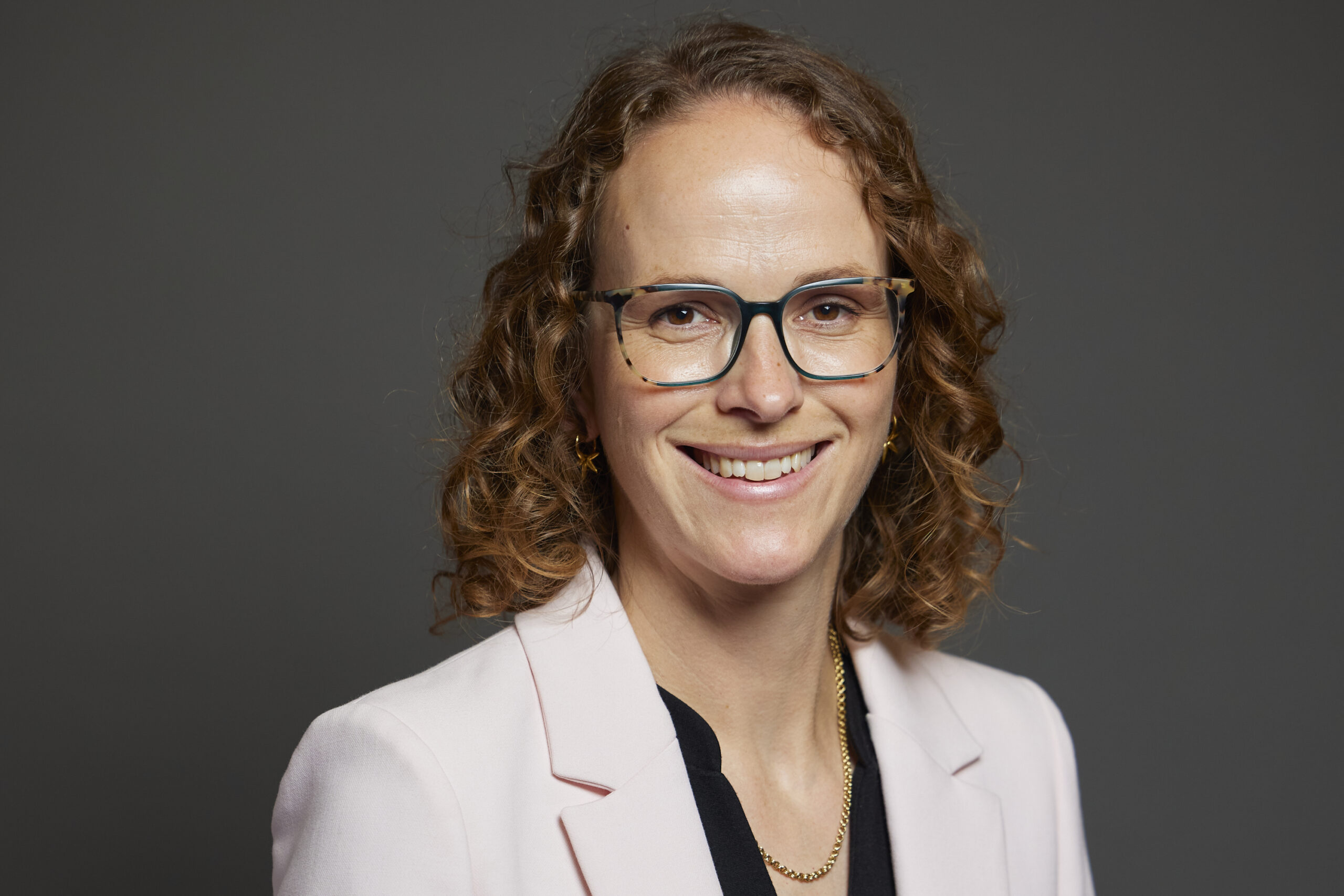Since 2015, the Adoption and Special Guardianship Support Fund (ASGSF) has been nothing short of a lifeline for families raising some of the most vulnerable children in our society – children who have faced trauma, abuse, and neglect. The fund was created to provide specialist therapeutic support to help them recover and rebuild their lives. In my constituency of Mid Sussex, I’ve seen this support change lives.
That’s why I welcomed the Department for Education’s announcement on 4th September that the Fund will continue into the next financial year, made in anticipation of the debate I held in Parliament that day. This gives families and providers a small but critical window to plan ahead. It’s also encouraging to hear the Department intends to engage more meaningfully with families and providers on future changes. That kind of engagement is overdue, and it shows that campaigning – by MPs, charities, and families – really does make a difference.
But let’s be clear: this short-term extension does not address the core problems created by the deep and damaging cuts introduced by the government in April. Despite ministers’ insistence that the overall ASGSF budget hasn’t been reduced, families and providers on the ground are experiencing a very different reality. The per-child therapy cap has been slashed from £5,000 to £3,000. A separate £2,500 allowance for assessments has been scrapped entirely. Match funding for complex cases has been removed, and families are now forced into an impossible choice: do they use their funding for an assessment or for therapy – as the funding now no longer stretches to cover both.
As one provider told me, the idea that therapy should happen without an assessment is ludicrous as this is “like asking a garage to fix a car without first checking what the problem is”. It’s not just ineffective; it’s wasteful.
Meanwhile, due to the one-year extension instead of a 3-year funding settlement, applications must now be resubmitted mid-therapy, leaving children stuck in limbo. I’ve heard directly from parents who’ve endured months-long gaps in support. They’ve described increases in violence at home, deepening mental health crises, and children who are rapidly losing trust in professionals, and their parents.
That trust is hard-earned. For children whose early lives were marked by fractured attachments, it is everything. To rip away vital therapeutic relationships mid-process is deeply unkind and profoundly damaging.
One experienced therapist I spoke to in the lead up to my debate told me a story of a young child, devastated to learn that their therapy was ending, asking, “If I save up my pocket money, can I keep seeing you?”.
That question should haunt us all. It certainly haunts me.
Adoption UK’s 2024 Barometer shows that 42% of adoptive families reached crisis point this year. More than three-quarters said it feels like a “continual struggle” to get help. Kinship’s 2024 survey revealed that over one in eight kinship carers feared they might no longer be able to continue caring for their children.
Therapists and charities are clear: the government’s 40% cut will have long-term consequences. The British Association for Counselling and Psychotherapy has warned that the 40% cut per child will have a “negative and long-lasting impact.” I’d argue that’s putting it mildly.
The economic case is just as clear. We already know that adoptive families save the UK economy billions – £4.2billion in 2021 alone. But the results of these cuts; placement breakdowns, increased care referrals, exclusions from school, and long-term social services involvement, will cost far more than it would to continue or even add to the fund.
Yet despite these risks, the government is pressing ahead without clear evidence. No consultation preceded the April changes. Promised pilots of potential changes have not begun. Proposals to devolve the fund to local authorities or regional agencies sound reasonable in theory, but without testing and proper engagement, such structural changes risk leaving children in deeper crisis.
This is why charities such as Adoption UK, Barnardo’s, CVAA UK, Coram, Kinship, and the Family Rights Group are calling for four clear actions – and I support them fully:
1. A permanent, ringfenced Fund, so families can rely on support being there when they need it.
2. A comprehensive review of the April changes, including their practical and emotional impact.
3. A meaningful public consultation on any proposed changes to the fund.
4. A two-year moratorium on further changes until changes are evidence-based and safe.
We must treat therapeutic support not as a luxury, but as a necessity for recovery and stability. Adoptive and kinship families are stepping up to care for some of our most vulnerable children. The very least we can do is ensure they are not doing it alone. I certainly will do so, the government must do the same.


